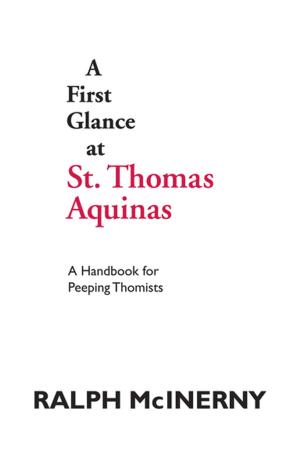The Uses of Darkness
Women's Underworld Journeys, Ancient and Modern
Fiction & Literature, Literary Theory & Criticism, Medieval, Nonfiction, Religion & Spirituality, Inspiration & Meditation, Spirituality| Author: | Laurie Brands Gagné | ISBN: | 9780268159580 |
| Publisher: | University of Notre Dame Press | Publication: | August 31, 2000 |
| Imprint: | University of Notre Dame Press | Language: | English |
| Author: | Laurie Brands Gagné |
| ISBN: | 9780268159580 |
| Publisher: | University of Notre Dame Press |
| Publication: | August 31, 2000 |
| Imprint: | University of Notre Dame Press |
| Language: | English |
Laurie Brands Gagné believes the image of God as stern Father or Judge has done much damage over the centuries and has engendered a sense of shame and guilt, especially in women. She sees our own civilization as one that is cut off from the natural world and from the precious part of ourselves that is earthy and sensual. In The Uses of Darkness: Women's Underworld Journeys, Ancient and Modern, Gagné explores women's journeys through the underworld to reclaim the wisdom and sensuality contained in these stories for heirs of the God the Father tradition. She looks at the ancient stories of Inanna, Demeter, and Psyche and the reflections of these archetypal figures in the work of women such as Sylvia Plath, Joan Didion, Mary Gordon, Virginia Woolf, and Etty Hillesum to illustrate that the alternative tradition these journey stories represent has much to offer modern Christians. Gagné successfully demonstrates that only by turning to confront the mystery that has been obscured by the image of God as stern Father or Judge can a woman raised in the Christian tradition acquire a sense of self strong enough to integrate experiences of profound loss. Most importantly, by drawing on the wisdom of the goddess tradition, both men and women are able to effect a more meaningful reappropriation of Christianity. Gagné's examination of the dark experience of the underworld in the goddess tradition discovers the elements of all spiritual journeys: self-transcendence followed by self-transformation. Anyone who has struggled with love and loss and whose spirit has been suppressed by the image of God as Judge, yet who will not reject Christianity, will benefit from this work.
Laurie Brands Gagné believes the image of God as stern Father or Judge has done much damage over the centuries and has engendered a sense of shame and guilt, especially in women. She sees our own civilization as one that is cut off from the natural world and from the precious part of ourselves that is earthy and sensual. In The Uses of Darkness: Women's Underworld Journeys, Ancient and Modern, Gagné explores women's journeys through the underworld to reclaim the wisdom and sensuality contained in these stories for heirs of the God the Father tradition. She looks at the ancient stories of Inanna, Demeter, and Psyche and the reflections of these archetypal figures in the work of women such as Sylvia Plath, Joan Didion, Mary Gordon, Virginia Woolf, and Etty Hillesum to illustrate that the alternative tradition these journey stories represent has much to offer modern Christians. Gagné successfully demonstrates that only by turning to confront the mystery that has been obscured by the image of God as stern Father or Judge can a woman raised in the Christian tradition acquire a sense of self strong enough to integrate experiences of profound loss. Most importantly, by drawing on the wisdom of the goddess tradition, both men and women are able to effect a more meaningful reappropriation of Christianity. Gagné's examination of the dark experience of the underworld in the goddess tradition discovers the elements of all spiritual journeys: self-transcendence followed by self-transformation. Anyone who has struggled with love and loss and whose spirit has been suppressed by the image of God as Judge, yet who will not reject Christianity, will benefit from this work.















